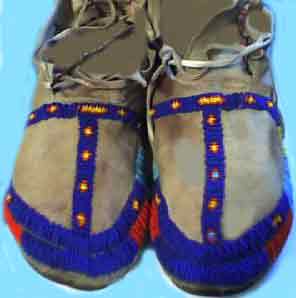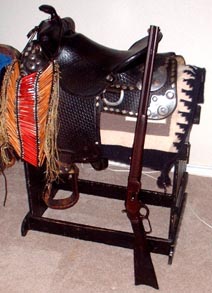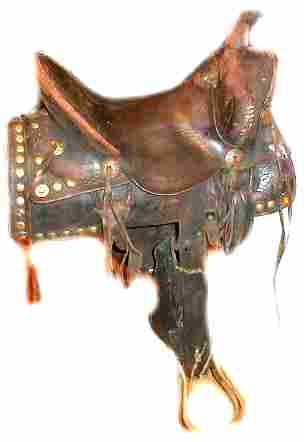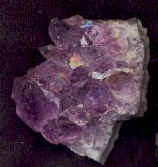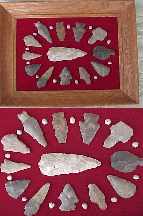   

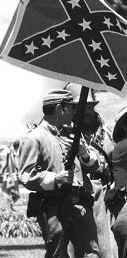

Welcome to Len Kubiak's Texas History Series

BIOGRAPHICAL SKETCH OF WILLIAM GOYENS, JR., EARLY DAY TEXIAN AND FIRST BLACK MILLIONAIRE IN TEXAS
William Goyens came to Texas in 1820 and became a successful businessman in the land of the Cherokees in East Texas.
During the Texas revolution, Will Goyens was given the important task of keeping the Cherokees friendly with the Texians, and serving as a Cherokee interpreter for Gen. Sam Houston in negotiating a treaty with the Cherokees. This action effectively kept the Cherokees out of the fight for Texas independence.
GOYENS, WILLIAM (1794-1856).
William Goyens, early Nacogdoches settler and businessman, was born in Moore County, North Carolina, in 1794, the son of William Goyens (Goings), a free mulatto, and a white woman. Will came to Texas in 1820 and lived at Nacogdoches for the rest of his life. Although he could not write much beyond his signature, he was a good businessman. He was a blacksmith and wagonmaker and engaged in hauling freight from Natchitoches, Louisiana.
During the Mexican Texas era, Goyens often served as conciliator in the settlement of lawsuits under the Mexican laws. He was appointed as agent to deal with the Cherokees, and on numerous occasions he negotiated treaties with the Comanches and other Indians, for he was trusted not only by them but also by the Mexicans and Anglo-Americans in East Texas. He also operated an inn in connection with his home near the site of what is now the courthouse in Nacogdoches.
In 1832, Will married Mary Pate Sibley, who was white. Sibley had one son, Henry Sibley, by a former marriage, but Will and Mary Goyens had no children.
During the Texas Revolution, Goyens was given the important task of keeping the Cherokees friendly with the Texans, and he was interpreter with Gen. Sam Houston and his party in negotiating a treaty with the Cherokees which effectively kept them from entering the fight for Texas independence. After Texasbecame a republic, he purchased what was afterwards known as Goyens' Hill, four miles west of Nacogdoches. He built a large two-story mansion with a sawmill and gristmill west of his home on Moral Creek, where he and his wife lived until their deaths.
The following is a petition submitted by Will Goyens to the Republic of Texas legislature in 1838:
104. William Goyens, Nacogdoches County, to Texas Legislature, 1838
To the Hon: the Senate and House of Representatives of the Republick of Texas in Congress Assembled
The Petition of William Goyens of the County of Nacogdoches and Republick 1 aforesaid would most respectfully show and represent unto your Honorable Body, that he is unfortunately a man of colour�And consequently his rights and interests have not in his humble opinion, been so reserved and protected by the general Laws of the Republick in relation to the interests herein after mentioned, as the rights of others whose colour is different from his.�That he emigrated to this Republick in the year 1820. That from peculiar circumstances which it is now too tedious to mention, not withstanding he was born free, he has all most been compelled, twice to purchase that freedom by his hard & honest labour�That from the date of his emigration he has ever been identified with the feelings and interest of the Anglo American population And has born his humble part in their struggles�
That he has had the honour to obtain some what the confidence of his superiors and has to the best of his feeble ability for the last five years, been more or less engaged in publick services connected with the Indians and for the last two yea[r]s he has had the honour to have been appointed a regular Indian Agent�for the Cherokee Tribe�And trusts that he has discharged that agency with satisfaction to those who have employed him and benefit to his cuntry�That during the war he has the satisfaction to know that he contributed to its support, by furnishing horses provisions and money�Small as may have been these services they were at least equal to his ability�That he has a family of children & a wife whom he has endeavoured to support with respectability and having also some servants, he certainly fills the requisitions of the law in being the head of a family�And as he thinks consequently under the Colonization Law entitled to Land�He has however made no application therfor since he has reason to fear from the peculiar provisions of the late land law his application would be rejected�He has never at any previous period, obtained Land as a Colonist or other wise except by fair purchase for a valuable consideration�
Under all the circumstances he ventures therfore to make this his first application before your Honorable Body that a League & Labor of Land may be granted him as a Head Right 2 and that a Law may be passed to that effect in his favour�And in duty he would ever pray &c.
[signed] William Goyens
SOURCE: Petition of William Goyens to the Senate and House of Representatives, 5 May 1838, Records of the Legislature, Petitions and Memorials, RG 100, TSL-AD. Rejected. PAR #11583803.
During his later life Goyens amassed considerable wealth in real estate, despite constant efforts by his white neighbors to take away what he was accumulating. He always employed the best lawyers in Nacogdoches, including Thomas J. Rusk and Charles S. Taylor, to defend him and was generally successful in his litigation. Will Goyens died on June 20, 1856, soon after the death of his wife; they were both buried in a cemetery near the junction of Aylitos Creek with the Moral. At his grave a marker was erected by the Texas Centennial Commission in 1936.
"Drums Along the Ysletta by State Representative Dan Kubiak of Rockdale, Texas is a historical-based book about William Goyens tracing the story of his life from his birth in North Carolina to his achievements as a Texas businessman during the early days of the Republic of Texas. William Goyens settled in east Texas among the Cherokee Indians and played a significant role in keeping the Cherokees from siding with the Mexicans in the fight for Texas Independence in the 1830's. See
Drums Along the Ysletta, by State Representative Dan Kubiak of Rockdale, Texas
BIBLIOGRAPHY: Bexar Archives, Barker Texas History Center, University of Texas at Austin. Robert Bruce Blake Research Collection, Steen Library, Stephen F. Austin State University; Barker Texas History Center, Drums Along Ysletta Creek, by Dan Kubiak, Monument to a Black Man, By Dan Kubiak,
University of Texas at Austin; Texas State Archives, Austin; Houston Public Library, Houston. Nacogdoches Archives, Steen Library, Stephen F. Austin State University; Barker Texas History Center, University of Texas at Austin; Texas State Archives, Austin.
 For questions or comments, send me an Email For questions or comments, send me an Email
|








 For questions or comments, send me an Email at
lenkubiak.geo@yahoo.com
For questions or comments, send me an Email at
lenkubiak.geo@yahoo.com



